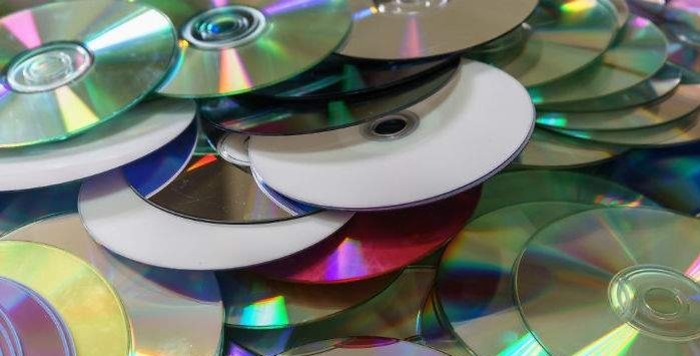12/12/2018
Madrid, December 12, 2018. The technology employers’ association DigitalES has assessed this morning the publication of the Royal Decree developing Article 25 of the revised text of the Intellectual Property Law, regarding the system of fair compensation for private copying, also called “digital canon”, a fee applied to certain technological devices and their distributors.
This Royal Decree only orders the procedural aspects to make the compensation for private copying effective, while, as established by the transitional law of July 2017, a new rule will establish the equipment subject to this fee and the rates thereof.
DigitalES, which represents the technology and digital innovation sector in Spain, whose companies have a turnover equivalent to 4% of GDP, has called for a reflection on current consumption habits and the evolution of business models, with the effect, among many others, of a polarization of the types of content being consumed.
According to the employers’ association, the regulations currently in force on compensation for private copying, which are being developed by the government, recover a model that is gradually falling into disuse.
For Alicia Richart, CEO of DigitalES, “the “digital royalty” system refers to an analogical reality very different from the digital world that exists today, where new business models allow the creation of playlists and their exchange among users, whose access is done under a license for which, among other concepts, remuneration is paid to the rights holder”.
Thus, the vast majority of content consumption does not currently require a “private copy” as was the case a few years ago. For the technology employers’ association, it is necessary to distinguish legitimate copy offers (with licenses for 5 or more devices) from those “pirate” copies that have nothing to do with private copies and which, in any case, are prosecuted. Therefore, DigitalES has offered its collaboration to build an updated and balanced regulatory framework that reconciles the interests of authors and other owners with the right of access to culture by citizens.
According to the industry association, with the increase of new forms of content consumption, either through pay-per-license, annual subscription, or pay-per-download, the existence of an additional compensation to the license linked to the devices used to access copyrighted works becomes unnecessary and inappropriate.
Thus, the current regulation, far from responding to the current reality of digital content consumption, establishes a fee to compensate for supposed uses -for example, photocopying or printing books that would be made in homes- when studies of consumption habits show that these are not current practices*.
According to the report by the DigitalEurope and Euroimag association, in 2017 only 0.9% of Spaniards copied a DVD of movies or series, only 1.6% made private copies of a musical medium and only 2.3% of books and publications. Current data indicate that it is no longer justified that 100% of users have to pay for the marginal behavior of a minority.
Oversized collection
As a result of all this, the list of devices subject to this royalty and the rates provided for in this regulation made it possible to anticipate a collection much higher than the real damage caused to copyright, which according to the studies carried out by the Ministry of Culture would be around 11 million euros, compared to the nearly 70 million euros that, as has already been verified, the application of this regulation represents.
DigitalES, which has been at the negotiating table for months together with the rest of the affected industry with the copyright management organizations, points out that the latter are putting political pressure to increase the amount of the collection above the aforementioned 70 million euros, without being willing to accept exemptions in the vast majority of the categories of devices proposed by the industry.
In addition, the employers’ association considers that the system of exemptions foreseen for companies and professionals should not place an additional administrative burden on the self-employed, SMEs and large companies, which will have to justify a posteriori the professional use of the devices. European law provides for exemption from this levy a priori, without requiring as a precondition that they be registered with the organization in charge of managing the private copying levy.
For DigitalES, all these requirements not only hinder the activity and efficiency of the companies, but also represent an oversized collection system that is not in line with the reality of the new business and content consumption models.
“This means that users suffer a higher compensation than the damage they cause, and shows the need to review and update the very concept of “private copying” in accordance with new uses,” says Alicia Richart.
* DigitalEurope Report
“
The current "digital royalty" model is evidence of the gap between the regulatory body and the new business models and consumption habits of digital content. Descargar nota










